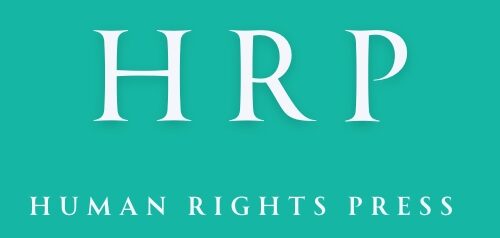Byline: By Human Rights Press Staff | Jan. 24, 2025
Introduction:
A 2024 report from Human Rights Watch (HRW), released last week, paints a grim picture of human rights conditions across Central Asia. The report highlights ongoing authoritarian governance and a lack of progress in the rule of law in Uzbekistan, Turkmenistan, Tajikistan, Kazakhstan, and Kyrgyzstan.
Background:
HRW, a New York-based international organization, annually assesses human rights practices worldwide. For Central Asia, the organization concluded that systemic violations, authoritarian rule, and legal abuses persisted, with no significant improvements in 2024.
Body:
- Key Findings:
The report notes that judicial systems across the region lack independence, parliaments function as rubber stamps, and executive powers are concentrated in the hands of autocratic presidents. HRW described the political landscape as rife with law-breaking, suppression of dissent, and curbs on basic freedoms. - Country Highlights:
- Uzbekistan: Despite promises of reform, human rights abuses continue, and political freedoms remain severely restricted.
- Turkmenistan: One of the most closed societies globally, Turkmenistan persists in its widespread repression of civil liberties.
- Tajikistan: Crackdowns on opposition voices and independent media intensified, exacerbating an already repressive environment.
- Kazakhstan: The government has shown little tolerance for peaceful protests, with activists and journalists facing frequent harassment.
- Kyrgyzstan: Once seen as a relatively open society in the region, Kyrgyzstan experienced setbacks in judicial independence and political freedoms.
Quotes:
“The courts are not independent, parliaments are mere puppets, and presidents hold unchecked power,” HRW emphasized in its analysis, summarizing the region’s authoritarian dynamics.
Legal and International Perspective:
Central Asia’s governments face growing international criticism for their disregard of human rights obligations under international law. Yet, global responses have remained inconsistent, with some governments prioritizing economic and security interests over accountability.
Conclusion:
HRW’s findings underscore the need for urgent international attention to address systemic human rights abuses in Central Asia. Without meaningful reforms, the region’s prospects for democracy, justice, and the rule of law remain bleak.
Additional Resources:
For more information, read the full Human Rights Watch report here.

